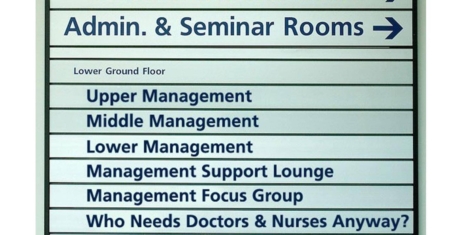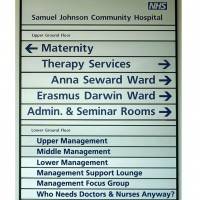March 1, 2016
Rents and refurbishment activity rise, as office shortage hits UK cities 0
Last week we reported that the shortage of office space in London was driving up demand within the UK’s regional office markets. Now a new report claims there is under a year’s supply of Grade A space available in the regions which will result in rental inflation. Bristol and Cardiff are predicted to see largest rises at 12 percent and 9 percent respectively. According to Savills’ Regional Office Market Review & Outlook report, average take-up across the UK is currently at 4.6 million sq ft, and availability down 18 percent on 2007 levels. Although speculative development has risen by 129 percent over the last year to approximately 3.5 million sq ft, with 28 percent pre-let it is expected that this will largely be absorbed in first two quarters of 2016. This lack of available space has driven demand for value-add office opportunities to help plug the gap, with January 2016 marking the forty-first consecutive month of refurbishment activity.

































February 15, 2016
The death of the office meme does not fit with a thriving property market 0
by Mark Eltringham • Comment, Flexible working, Property, Workplace design
(more…)